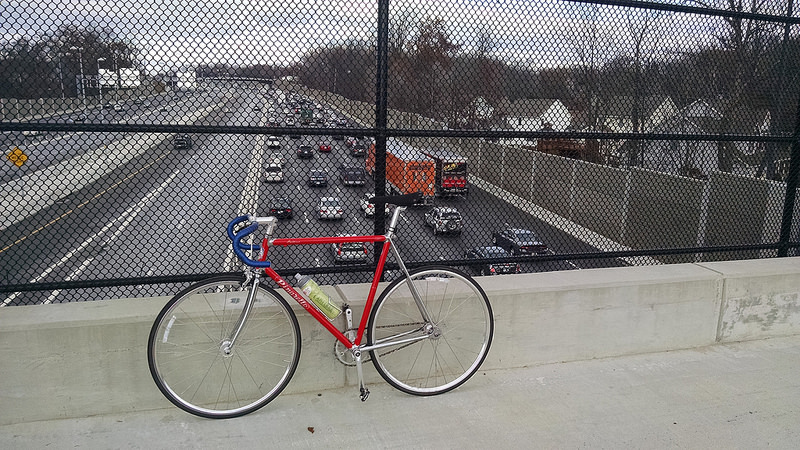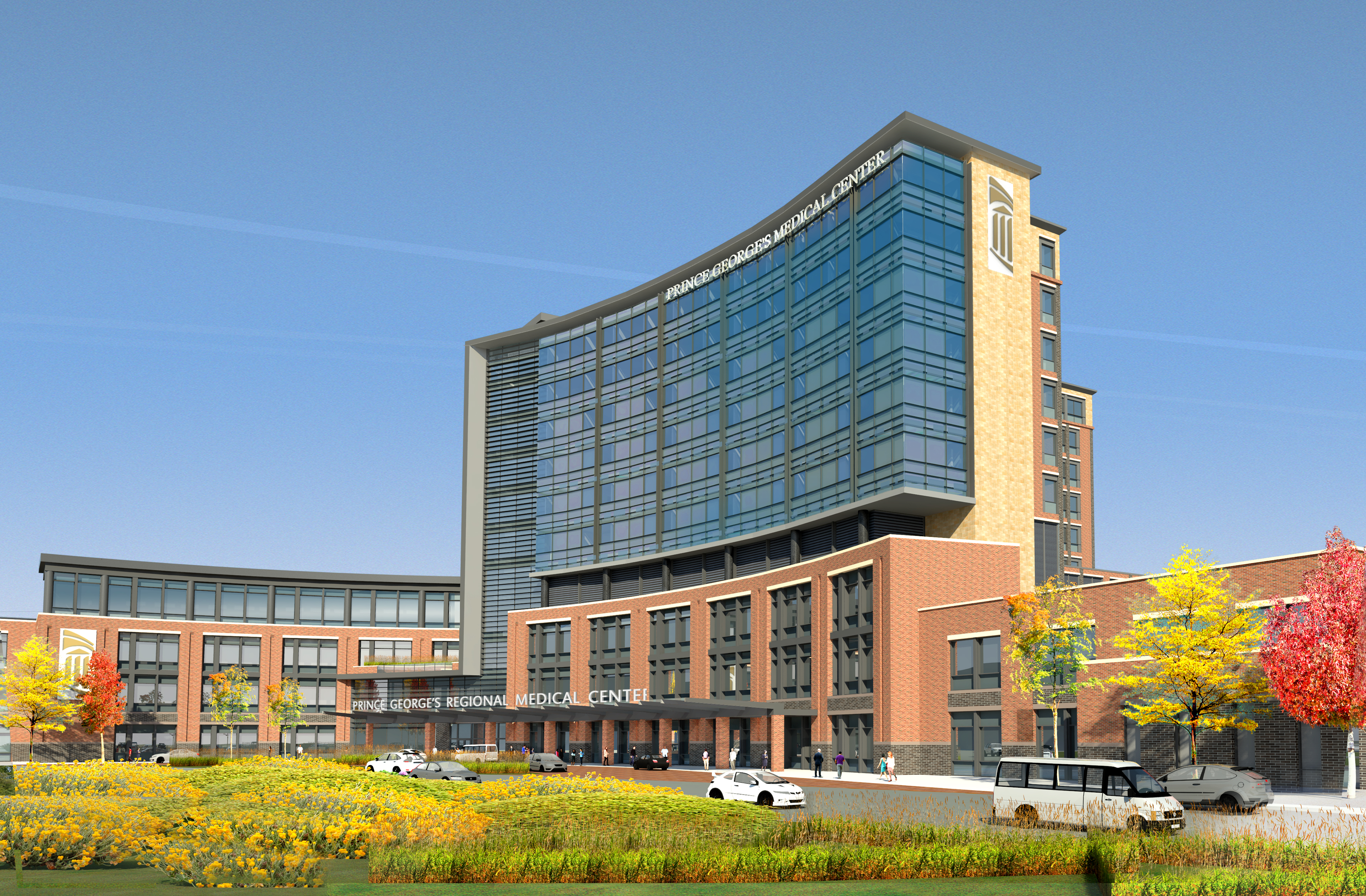By Lindsey Mendelson and Mark Rodeffer
Maryland and neighboring states in the Mid-Atlantic region are in the grips of a transportation crisis. Roads and highways that used to be clogged by heavy “rush hour” traffic are now impassable in three- to four-hour cycles, in never-ending congestion.
Most commuters are not being encouraged or incentivized to bike, walk and take public transportation to work, and many have fewer options to do so.
Adding to the crisis in our area, vehicles emissions in Maryland are now the No. 1 contributor to climate change and air pollution, causing a higher rate of respiratory illness in our cities.
This is not a sustainable “transportation system” that works to grow our economy or protect public health, and it will need to be modernized over the next decade in favor of a cleaner and more efficient approach that puts people first, not cars.
Legislative priority
In the Northeast, transportation woes and the impact on climate and air pollution are a legislative priority. In June, the Massachusetts Senate took the bold step of strengthening the state’s climate agenda with a bill that would institute carbon pricing for the transportation sector in 2020. While it remains to be seen how the proposal will fare in the Massachusetts House of Representatives in the coming months, this type of policy commitment is catching on here in the Mid-Atlantic region.
Gov. Larry Hogan and D.C. Mayor Muriel Bowser have already pledged to develop a regional policy to reduce carbon pollution from the transportation sector. Listening sessions in Boston, Albany and New York City in the Northeast are part of a series of meetings that are also focused on developing a Mid-Atlantic regional initiative.
On Aug. 27, the Maryland Departments of Environment and Transportation and its Energy Administration partnered with the University of Maryland Center for Environmental Science and Georgetown Climate Center to host a regional listening session in Largo.
Lawmakers and business leaders from across Maryland and the Mid-Atlantic attended the meeting. A summary report from the Maryland Listening Session and other Mid-Atlantic stakeholder meetings is due out soon.
The D.C. Council’s recent proposal for stronger climate protection and renewable energy requirements also adds momentum to the transportation policy agenda in the Mid-Atlantic. D.C.
Councilmember Mary Cheh’s Climate Protection and Clean Energy package calls for electricity from 100% renewable sources by 2032. To address transportation specifically, the bill authorizes participation in a regional clean transportation initiative that includes policies to reduce climate pollution from vehicle emissions.
Good reason for optimism
There is good reason to be optimistic about these commitments. Broad based public support for a regional clean transportation initiative is growing, with recognition among voters that transportation is responsible for a serious air pollution problem.
A recent Sierra Club survey shows strong support for a new policy framework to support clean transportation in Mid-Atlantic states, including Maryland and Delaware.
In Maryland, the survey found that a large majority of voters consider air pollution to be a serious problem, and regional action to reduce pollution from the transportation sector attracts bipartisan support.
Air pollution is a concern for 74% of those polled in Maryland, with 33% considering air pollution a very serious problem and 41% considering it a somewhat serious problem. 81% think that cars and trucks contribute either a great deal (40%) or somewhat (41%) to air pollution, and there is significant bipartisan support for state and regional plans to address transportation-related air pollution.
In Delaware, 77% of voters support a regional plan for modernizing transportation and limiting air pollution by investing in electric vehicles, public transportation, and safer communities for walking and biking.
A regional transportation initiative attracts overwhelming bipartisan support; 89% of Democrats, 64% of Republicans, and 70% of independents support the regional plan.
Translating support into action
How might this public support be translated into public action?
One possible path for Maryland, D.C., and neighboring states to pursue clean transportation goals is to adopt an initiative similar to the very successful Regional Greenhouse Gas Initiative (RGGI).
The cap-and-invest model would provide funding and incentives to: accelerate adoption of electric cars, trucks and buses; expand public transit and ride sharing; and build walkable, bike-friendly and transit-oriented communities accessible to all residents.
Maryland and Delaware have years of experience with RGGI. In the eight years since it arrived on the scene, carbon pollution from power plants has fallen by 40%.
A regional clean transportation initiative will mean fewer delays, safer travel, reduced health and climate impacts and, just as importantly, more jobs and a more equitable transportation system that benefits everyone, including those who need help the most.
It is estimated that a RGGI-like approach would cut transportation climate pollution by 40%, create more than 100,000 new jobs and put $14.4 billion in families’ pockets – all by 2030.
Maryland and Washington, D.C. must be at the forefront of this broader Mid-Atlantic/Northeast U.S. initiative that will reduce air pollution and improve the quality of life for millions of Americans. A clean and modernized transportation system will transform the Eastern Seaboard of the United States and the consensus to make it happen is emerging right now among the public and policymakers.
Lindsey Mendelson is transportation director of Maryland Sierra Club. Mark Rodeffer is chair of Sierra Club in Washington, D.C.






Recent Comments